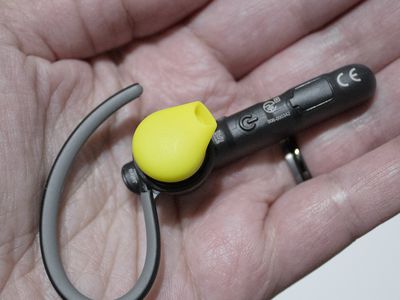
Comprehensive Assessment of the Chipolo CARD Spot: Innovative Tracking Device Mimicking Credit Card Design

Comprehensive Assessment of the Chipolo CARD Spot: Innovative Tracking Device Mimicking Credit Card Design
Quick Links
- An Apple AirTag the Size of a Credit Card
- The CARD Spot Lives in the Find My App
- Chipolo CARD Spot vs. Tile Slim
- Should You Buy the Chipolo CARD Spot?

Close
I have been using AirTags to track my keys, bags, and suitcases since the Bluetooth tracker’s announcement in 2021 . While they work in most cases, they don’t fit in most wallets. The Chipolo CARD Spot fixes that limitation without losing too many of the AirTag’s features.
Before jumping into this review, I should acknowledge the fact that bad actors use AirTags to track others without their knowledge. The CARD Spot can also be misused. Thankfully, like with AirTags, if a CARD Spot that doesn’t belong to you is nearby for an extended period, it will alert you on your iPhone. And if you own an Android smartphone or don’t see the notification, the Bluetooth tracker will eventually start playing an audible noise.
Chipolo’s support website guides you on disabling a CARD Spot if you find one on your person or belongings.
An Apple AirTag the Size of a Credit Card
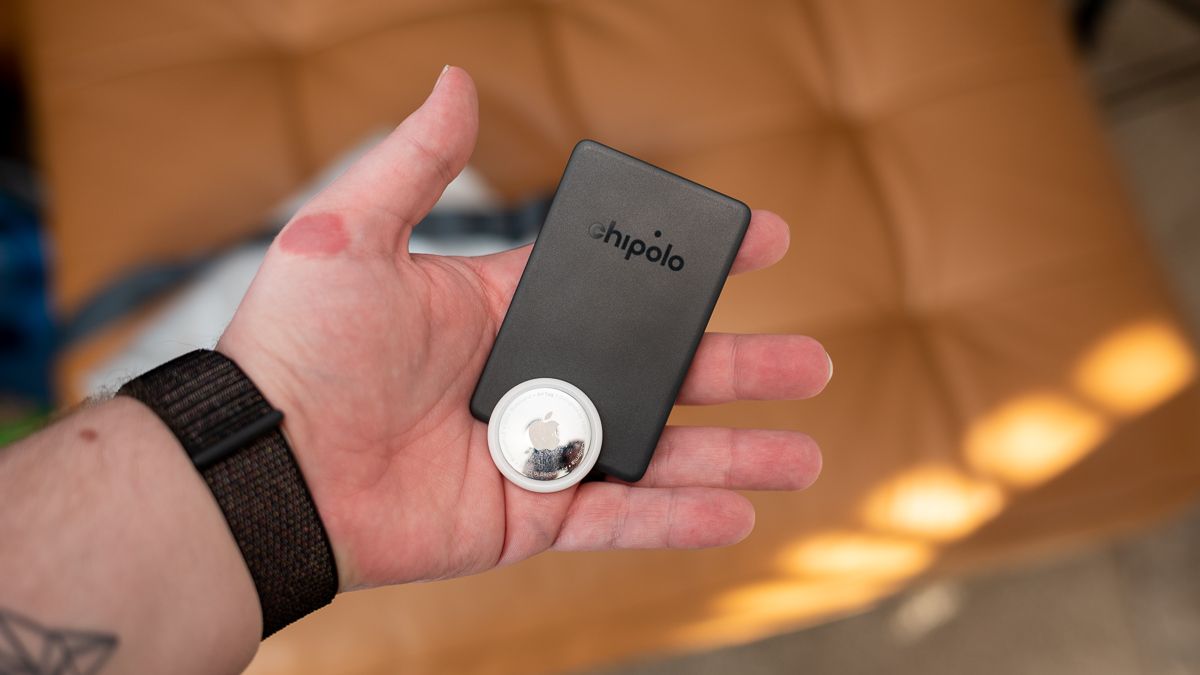
Justin Duino / How-To Geek
- Dimensions: 85.1 x 53.6 x 2.4mm (3.35 x 2.11 x 0.009in)
- Battery life: Up to two years
- Water-resistant: Splash proof (IPX5 rated)
- Bluetooth range: 60m (200ft)
The Chipolo CARD Spot shares almost all the AirTag’s features, including support for Apple’s Find My network . Working on the same network means that the CARD Spot will use Bluetooth Low Energy (LE) to ping its location whenever almost any Apple device is nearby, including iPhones, iPads, and Macs.
With over 113 million iPhones in the U.S. (and over a billion worldwide), there’s a good chance that someone will cross paths with your tracker if it gets lost, ensuring you’ll have a high probability of reclaiming your items.
One thing that the CARD Spot doesn’t have is support for Ultra-Wideband (UW) . With the assistance of the U1 chip in newer iPhones, you can walk around and pinpoint an Apple AirTag’s location down to the foot. The CARD Spot doesn’t offer UW, so you’ll have to rely on the tracker’s built-in speaker to find the device or whatever item it’s inside of.
Related: What Is Apple’s Find My Network?
In all honesty, I haven’t used the AirTag’s UW tracking features since the day I purchased the accessory. It’s a neat trick, but the Find My network is so vast that I almost always knew where my tracked bag was, even on the other side of the country.
The CARD Spot also doesn’t have a user-replaceable battery. You can take apart an AirTag and swap out its dead battery with a fresh 3-volt CR2032 every year (or whenever the battery is getting low). Instead, Chipolo offered a “Recycle & Renew” program . After registering your Bluetooth tracker, the company will email you with a 50% off offer on a new CARD Spot in two years. You can then send your old CARD back to be recycled.
Close
My least favorite thing about the AirTag is that you’re basically required to purchase an accessory for your accessory. Yes, you can just chuck the Bluetooth tracker into your bag, but that isn’t secure. Instead, you’ll have to spend $10 or more for a case on top of the AirTag’s $29 price tag .
In contrast, the CARD Spot can slip into your wallet, pocket, or luggage tag without taking up too much space. It can’t connect on its own to the exterior of a bag, but it’s a traditional form factor that works in places where the AirTag would be too bulky.
The CARD Spot Lives in the Find My App
Close
Like with AirTags, you connect and control the CARD Spot in Apple’s Find My app (available on iPhone and iPad). The simplicity of not having to download a third-party app is great, but it does mean the Bluetooth tracker is incompatible with Android.
Opening the Find My app, you’ll find the Chipolo accessory listed alongside other AirTags and Find My-compatible devices . You see the Bluetooth tracker’s last reported location at a glance, with the choice to tap on it for more details.
Expand the CARD Spot’s listing for options to activate the device’s speaker, get direction to its last-reported location, turn on notifications if it gets lost, and more. It’s a simple interface that just works.
Chipolo CARD Spot vs. Tile Slim
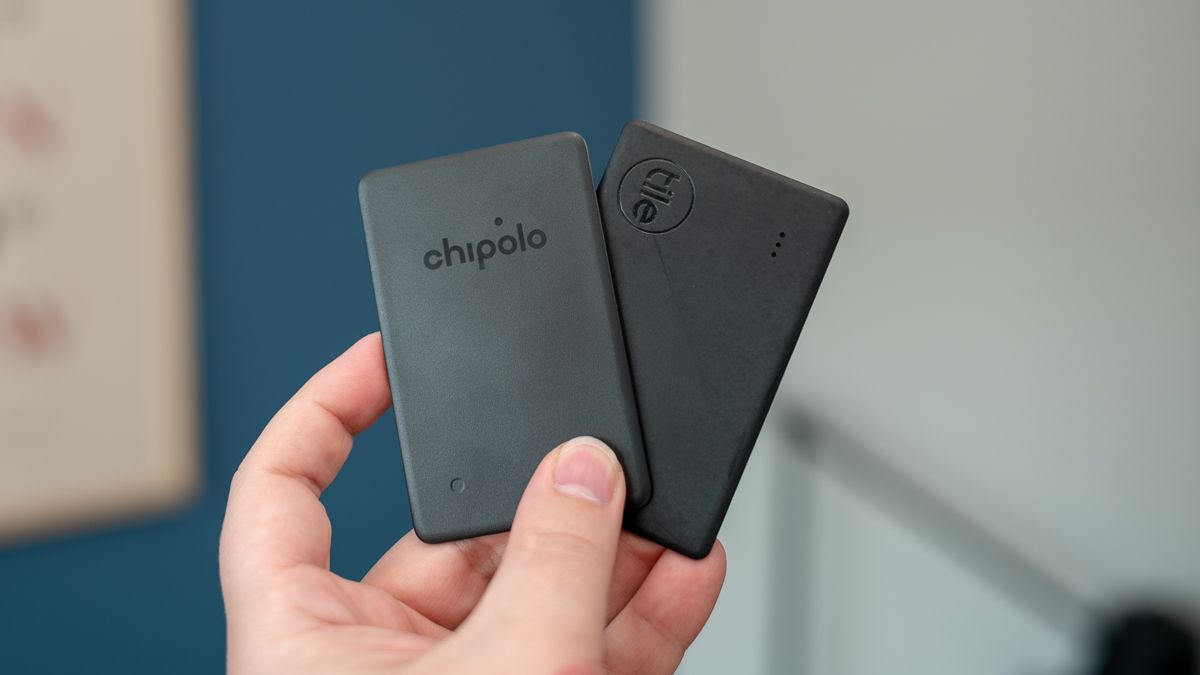
Justin Duino / How-To Geek
- Dimensions: Tile Slim: 85.5 x 54 x 2.5mm (3.37 x 2.13 x 0.098in) vs. CARD Spot: 85.1 x 53.6 x 2.4mm (3.35 x 2.11 x 0.009in)
- Battery life: Tile Slim: Up to three years vs. CARD Spot: Up to two years
- Water-resistant: Tile Slim: IP67 vs. CARD Spot: IPX5 rated
- Bluetooth range: Tile Slim: 76m (250ft) vs. CARD Spot: 60m (200ft)
Apple doesn’t have a Bluetooth tracker the size of a credit card, but Tile, the company that once dominated the market, does sell the Slim. Like the CARD Spot, the Tile Slim is roughly the size of a credit card and can fit into almost any wallet.
Coming in at approximately the same size, the most significant difference between the two trackers is the crowdsource network size of other people’s devices that will help you locate your lost items. Tile products require you to download the company’s app (available for iPhone and Android ), which means only a subset of the population can help you find your stuff. If someone doesn’t use a Tile device, they most likely don’t have the Tile app installed.
The Find My network, in contrast, is live on almost every iPhone, iPad, and Mac with location services turned on and connected to the internet. That difference means that your CARD Spot is surrounded by other devices that will ping the tracker’s location and help you find your belongings.
Related: Buy an AirTag, Not a Tile Tracker (Unless You Use Android)
Besides that, your experience with either tracker will be nearly identical. Bluetooth range, water resistance, and battery life are better in the Tile Slim (at least on paper), but the difference is negligible as the price of both accessories is identical at $35.
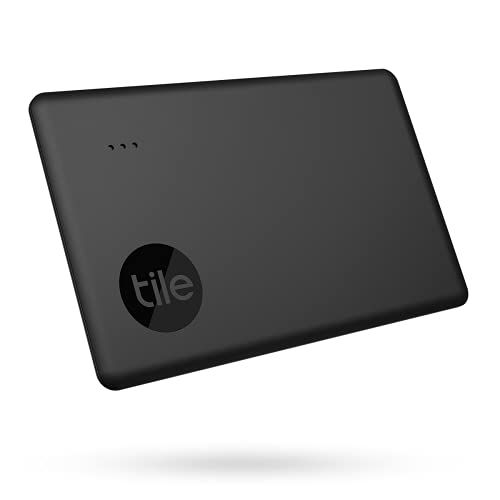
Tile Slim Bluetooth Tracker
The Slim is Tile’s thinnest Bluetooth tracker and shaped like a credit card, making it the perfect size to fit into a wallet.
$34 at Amazon See at Bestbuy See at Target
Should You Buy the Chipolo CARD Spot?
If you want an AirTag but dislike the round pebble form factor, the Chipolo CARD Spot is for you. You could buy a specialized wallet or accessory to make the AirTag work, but its thick size is less than ideal if you want to cut the bulk.
Of course, if you don’t have an iPhone and instead use an Android, you’d be much better off with one of Tile’s Bluetooth trackers . But if you want something from Chipolo, you can buy the CARD , which is smaller than the CARD Spot and uses Chipolo’s network to help find your lost item. Just remember that this network will be smaller than Apple’s and Tile’s, meaning there’s a much slimmer chance someone else will stumble across your tracker.
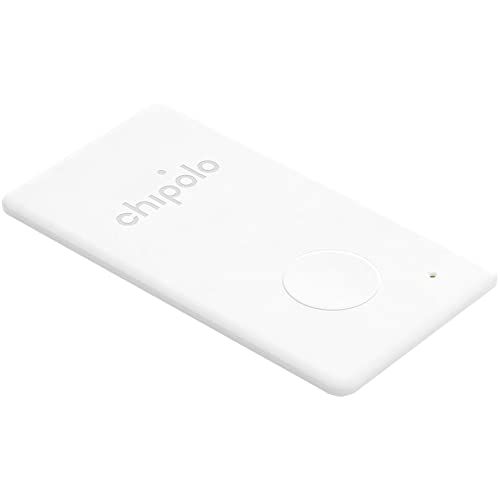
Chipolo Card
The Chipolo Card is a wallet-sized Bluetooth tracker that can help you find your lost belongings.
The CARD Spot comes in Almost Black and can be purchased directly from Chipolo for $35 or $60 for a two-pack.
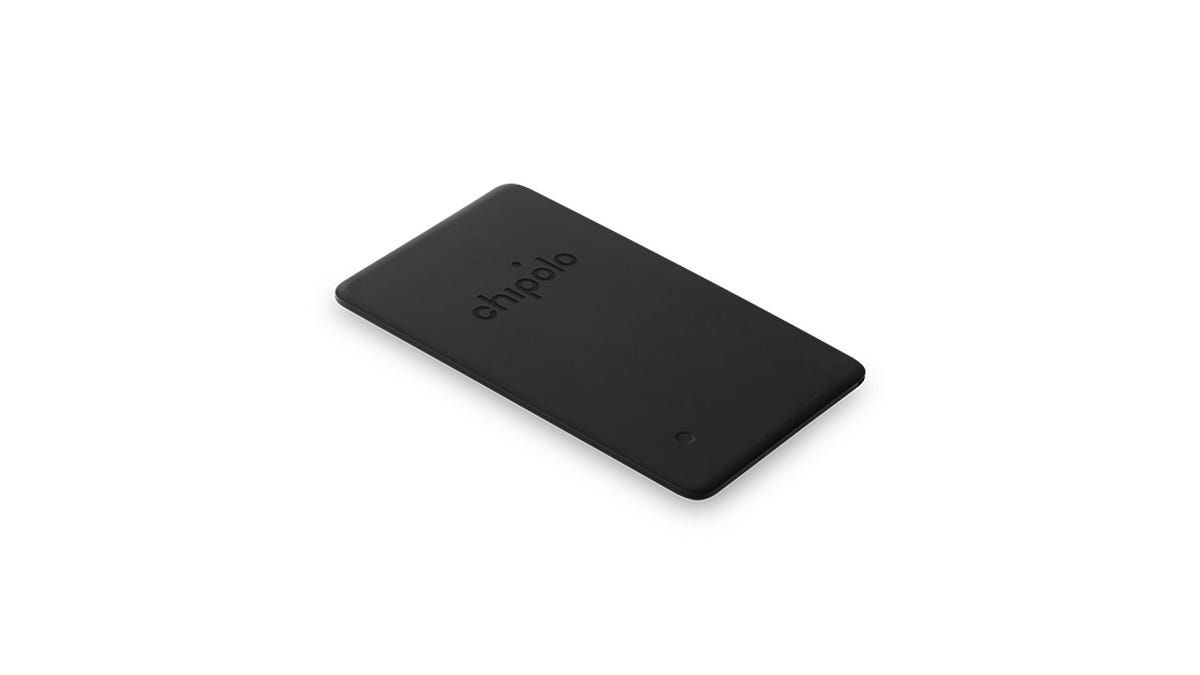
Chipolo Card Spot
8/ 10
Pros
- Works with Apple’s Find My network
- Fits in most wallets
- Easier to carry than an AirTag
Cons
- No UWB support
- Does not work with Android
- Non-replaceable battery
Also read:
- [Updated] How to Successfully Record and Manage Internet Radio
- 2024 Approved Exploring the Field Gear vs LGCam Comparison
- 2024 Approved From Raw Images to Stunning Photos Your Guide to iPhone Photomosaic Creation
- 2024 Approved Game On with Mastery The 2023 Review of KineMaster for Android
- 2024 Approved Harnessing Power How to Use Phantom's Retro Vision
- AMD Quality Computer System Builders Race Event, Q4 2015 - Competitive Price at Just $912!
- Dissecting Microsoft Teams Delays: Understanding the Line Between Platform Hiccups and User Errors
- Ultimate Fix Guide for Recurrently Failing Windows Explorer - Discover Our Top 7 Hacks
- Win32kfull.sys BSoD Explained: Steps to Recover and Prevent Future Issues
- Title: Comprehensive Assessment of the Chipolo CARD Spot: Innovative Tracking Device Mimicking Credit Card Design
- Author: Frank
- Created at : 2025-02-17 20:03:44
- Updated at : 2025-02-19 20:29:40
- Link: https://some-techniques.techidaily.com/comprehensive-assessment-of-the-chipolo-card-spot-innovative-tracking-device-mimicking-credit-card-design/
- License: This work is licensed under CC BY-NC-SA 4.0.